| |
| |
-
DENT 4810 - Summer Elective Clinic Credits: (4)
Typically Taught Summer Semester: Full Sem
Typically Taught Fall Semester: Full Sem
Typically Taught Spring Semester: Full Sem
Summer intensive clinical course which allows the student to set personal achievement goals for clinical techniques and assists them through the process of skill development.
May be repeated six times for a maximum of six credit hours.
|
| |
-
DENT 4830 - Directed Readings, Projects and Research Credits: (1-3)
Typically Taught Summer Semester: Full Sem
Typically Taught Fall Semester: Full Sem
Typically Taught Spring Semester: Full Sem
Limited to dental hygiene majors.
A maximum of nine hours may be accumulated with this course.
|
| |
-
DENT 4850 - Study Abroad Credits: (1-6)
Variable Title
Typically Taught Summer Semester: Full Sem
Typically Taught Fall Semester: Full Sem
Typically Taught Spring Semester: Full Sem
The purpose of this course is to provide opportunities for students in health professions to experience a study abroad program that is designed to explore healthcare, culture, and clinical experience.
May be repeated 5 times with a maximum of 6 credit hours.
|
| |
-
DENT 4890 INT - Advanced Community or Clinical Work Experience Credits: (2)
Typically Taught Summer Semester: Full Sem, Online
Typically Taught Fall Semester: Full Sem, Online
Typically Taught Spring Semester: Full Sem, Online
This course is designed to specifically meet the interests and career goals of the Dental Hygiene Degree-completion student or the student completing the Baccalaureate degree, Dental Hygiene major prior to initial licensure as a dental hygenist. The student who is completing this course as part of their BS degree, initial entry into the profession, will participate in an advanced community or clinical work experiences under the direct supervision of program faculty. The baccalaureate degree completion student must be licensed to practice dental hygiene at the site in which the work experience will take place, have successfully completed an accredited dental hygiene program, or have a work experience site that does not have direct patient care as its community role.
Pre-requisite(s): Acceptance into the BS/DH Program and consent of the instructor.
|
| |
-
DENT 4920 - Short Courses, Workshops, Institutes and Special Programs Credits: (1-4)
Variable Title
Typically Taught Summer Semester: Full Sem
Typically Taught Spring Semester: Full Sem
Consult the semester class schedule for the current offering under this number. The specific title and credit authorized will appear on the student transcript.
May be repeated 5 times with a maximum of 6 credit hours.
|
| |
-
DENT 4990 - Seminar Credits: (1-2)
Typically Taught Summer Semester: Full Sem
Typically Taught Fall Semester: Full Sem
Typically Taught Spring Semester: Full Sem
Current concepts in dental hygiene for baccalaureate level dental hygiene students.
May be repeated once for a maximum of 2 credit hours.
|
| |
-
DMS 4110 - Sonography Principles & Instrumentation Credits: (3)
Typically Taught Spring Semester: Full Sem
Elementary principles, propagation through tissues, transducers, pulse echo principles and instruments, images, storage and display, Doppler, image features and artifacts, bioeffects, and safety.
|
| |
-
DMS 4120 - Quality Assurance Credits: (3)
Typically Taught Summer Semester: Full Sem
Developing, analyzing and evaluating a quality assurance program.
|
| |
-
DMS 4210 - Cardiac Sonography I Credits: (3)
Typically Taught Fall Semester: Full Sem
Concepts in cardiac sonographic scanning technique and protocol to produce and evaluate diagnostic images.
|
| |
-
DMS 4220 - Cardiac Sonography II Credits: (3)
Typically Taught Spring Semester: Full Sem
Continuation of 4203.
|
| |
-
DMS 4230 - Cardiac Sonography III Credits: (3)
Typically Taught Summer Semester: Full Sem
Continuation of DMS 4220 .
|
| |
-
DMS 4310 - Abdominal Sonography Credits: (3)
Typically Taught Fall Semester: Full Sem
Concepts in abdominal intraperitoneal and retroperitoneal sonographic scanning technique and protocol to produce and evaluate diagnostic images in the clinical setting.
|
| |
-
DMS 4320 - Superficial Structure Sonography Credits: (1)
Typically Taught Fall Semester: Full Sem
Concepts in superficial structure sonographic scanning technique and protocol to produce and evaluate diagnostic images in the clinical setting.
|
| |
-
DMS 4330 - Gynecologic Sonography Credits: (1)
Typically Taught Spring Semester: Full Sem
Concepts in gynecologic sonographic scanning technique and protocol to produce and evaluate diagnostic images.
|
| |
-
DMS 4340 - Obstetric Sonography Credits: (3)
Typically Taught Spring Semester: Full Sem
Concepts in obstetric sonographic scanning technique and protocol to produce and evaluate diagnostic images.
|
| |
-
DMS 4410 - Vascular Sonography I Credits: (2)
Typically Taught Fall Semester: Full Sem
Concepts in vascular sonographic scanning technique and protocol to produce and evaluate diagnostic images.
|
| |
-
DMS 4420 - Vascular Sonography II Credits: (2)
Typically Taught Spring Semester: Full Sem
Continuation of DMS 4410 .
|
| |
-
DMS 4510 - Breast Sonography Credits: (1)
Typically Taught Spring Semester: Full Sem
Concepts in breast sonographic scanning technique and protocol to produce and evaluate diagnostic images.
|
| |
-
DMS 4610 - Cardiac Sonography - Clinical Simulation I Credits: (1)
Typically Taught Summer Semester: Full Sem
Typically Taught Fall Semester: Full Sem
Typically Taught Spring Semester: Full Sem
Clinical Simulation in Cardiac Sonography Labs.
|
| |
-
DMS 4611 - Cardiac Sonography - Clinical Simulation II Credits: (1)
Typically Taught Summer Semester: Full Sem
Typically Taught Fall Semester: Full Sem
Typically Taught Spring Semester: Full Sem
Clinical Simulation in Cardiac Sonography Labs.
|
| |
-
DMS 4612 - Cardiac Sonography - Clinical Simulation III Credits: (1)
Typically Taught Summer Semester: Full Sem
Typically Taught Fall Semester: Full Sem
Typically Taught Spring Semester: Full Sem
Clinical Simulation in Cardiac Sonography Labs.
|
| |
-
DMS 4620 - Medical Sonography - Clinical Simulation I Credits: (1)
Typically Taught Summer Semester: Full Sem
Typically Taught Fall Semester: Full Sem
Typically Taught Spring Semester: Full Sem
Clinical Simulation in Medical Sonography Labs.
|
| |
-
DMS 4621 - Medical Sonography - Clinical Simulation II Credits: (1)
Typically Taught Summer Semester: Full Sem
Typically Taught Fall Semester: Full Sem
Typically Taught Spring Semester: Full Sem
Clinical Simulation in Medical Sonography Labs.
|
| |
-
DMS 4622 - Medical Sonography - Clinical Simulation III Credits: (1)
Typically Taught Summer Semester: Full Sem
Typically Taught Fall Semester: Full Sem
Typically Taught Spring Semester: Full Sem
Clinical Simulation in Medical Sonography Labs.
|
| |
-
DMS 4630 - Vascular Sonography - Clinical Simulation I Credits: (1)
Typically Taught Summer Semester: Full Sem
Typically Taught Fall Semester: Full Sem
Typically Taught Spring Semester: Full Sem
Clinical Simulation in Vascular Songraphy Labs.
|
| |
-
DMS 4631 - Vascular Sonography - Clinical Simulation II Credits: (1)
Typically Taught Summer Semester: Full Sem
Typically Taught Fall Semester: Full Sem
Typically Taught Spring Semester: Full Sem
Clinical Simulation in Vascular Sonography Labs.
|
| |
-
DMS 4632 - Vascular Sonography - Clinical Simulation III Credits: (1)
Typically Taught Summer Semester: Full Sem
Typically Taught Fall Semester: Full Sem
Typically Taught Spring Semester: Full Sem
Clinical Simulation in Vascular Sonography Labs
|
| |
-
DMS 4801 - Individualized Research Credits: (1-3)
Typically Taught Summer Semester: Full Sem
Typically Taught Fall Semester: Full Sem
Typically Taught Spring Semester: Full Sem
Contract with faculty advisor required.
May be repeated twice with a maximum of 3 credit hours.
|
| |
-
DMS 4811 INT - Cardiac Clinical I Credits: (3)
Typically Taught Spring Semester: Full Sem
A minimum of 24 hours per week in an active diagnostic cardiac sonography department.
|
| |
-
DMS 4812 INT - Cardiac Clinical II Credits: (3)
Typically Taught Summer Semester: Full Sem
Continuation of DMS 4811 .
|
| |
-
DMS 4813 INT - Cardiac Clinical III Credits: (3)
Typically Taught Fall Semester: Full Sem
Continuation of DMS 4812 .
|
| |
-
DMS 4821 INT - Medical Clinical I Credits: (3)
Typically Taught Spring Semester: Full Sem
A minimum of 24 hours per week in an active diagnostic medical sonography department.
|
| |
-
DMS 4822 INT - Medical Clinical II Credits: (3)
Typically Taught Summer Semester: Full Sem
Continuation of DMS 4821 .
|
| |
-
DMS 4823 INT - Medical Clinical III Credits: (3)
Typically Taught Fall Semester: Full Sem
Continuation of DMS 4822 .
|
| |
-
DMS 4831 INT - Vascular Clinical I Credits: (3)
Typically Taught Fall Semester: Full Sem
A minimum of 24 hours per week in an active diagnostic vascular sonography department.
|
| |
-
DMS 4832 INT - Vascular Clinical II Credits: (3)
Typically Taught Spring Semester: Full Sem
Continuation of DMS 4831 .
|
| |
-
DMS 4833 INT - Vascular Clinical III Credits: (3)
Typically Taught Summer Semester: Full Sem
Continuation of DMS 4832 .
|
| |
-
DMS 4841 INT - Breast Clinical Credits: (3)
Typically Taught Spring Semester: Full Sem
A minimum of 24 hours per week performing breast sonography examinations.
Pre-requisite(s): DMS 4510 Breast Sonography.
|
| |
-
DMS 4911 - Cardiac Comprehensive Review Credits: (1)
Typically Taught Fall Semester: Full Sem
Review and requirements for advanced responsibilities of the cardiac sonographer.
|
| |
-
DMS 4912 - Medical Comprehensive Review Credits: (2)
Typically Taught Fall Semester: Full Sem
Review and requirements for advanced responsibilities of the medical sonographer.
|
| |
-
DMS 4913 - Vascular Comprehensive Review Credits: (1)
Typically Taught Summer Semester: Full Sem
Review and requirements for advanced responsibilities of the vascular sonographer.
|
| |
-
DMS 4921 - Workshops, Conferences and Telecourses Credits: (1-3)
Typically Taught Summer Semester: Full Sem
Typically Taught Fall Semester: Full Sem
Typically Taught Spring Semester: Full Sem
May be repeated twice with a maximum of 3 credit hours.
|
| |
-
ECE 1000 - Introduction to Electrical Engineering Credits: (2)
Typically Taught Fall Semester: Full Sem
Typically Taught Spring Semester: Full Sem
An introductory course to Electrical & Computer Engineering topics including electronic terms, numbering systems, software tools, and documentation practices. College algebra and trigonometry are strongly recommended.
 
Pre-requisite/Co-requisite: MATH 1060 or MATH 1080 or equivalent.
|
| |
-
ECE 1270 - Introduction to Electrical Circuits Credits: (4)
Typically Taught Fall Semester: Full Sem
The basics of analog circuits as an introduction to Electrical Engineering. Concepts of voltage, current, power, resistance capacitance and inductance. Circuit analysis techniques such as Kirchhoff’s Laws, node voltages, and mesh currents. Thevenin’s and Norton’s equivalent circuits, sinusoidal steady state and phasors.
Lecture and lab combination.
Pre-requisite(s): MATH 1210 and MATH 1220 (1220 may be taken concurrently).
 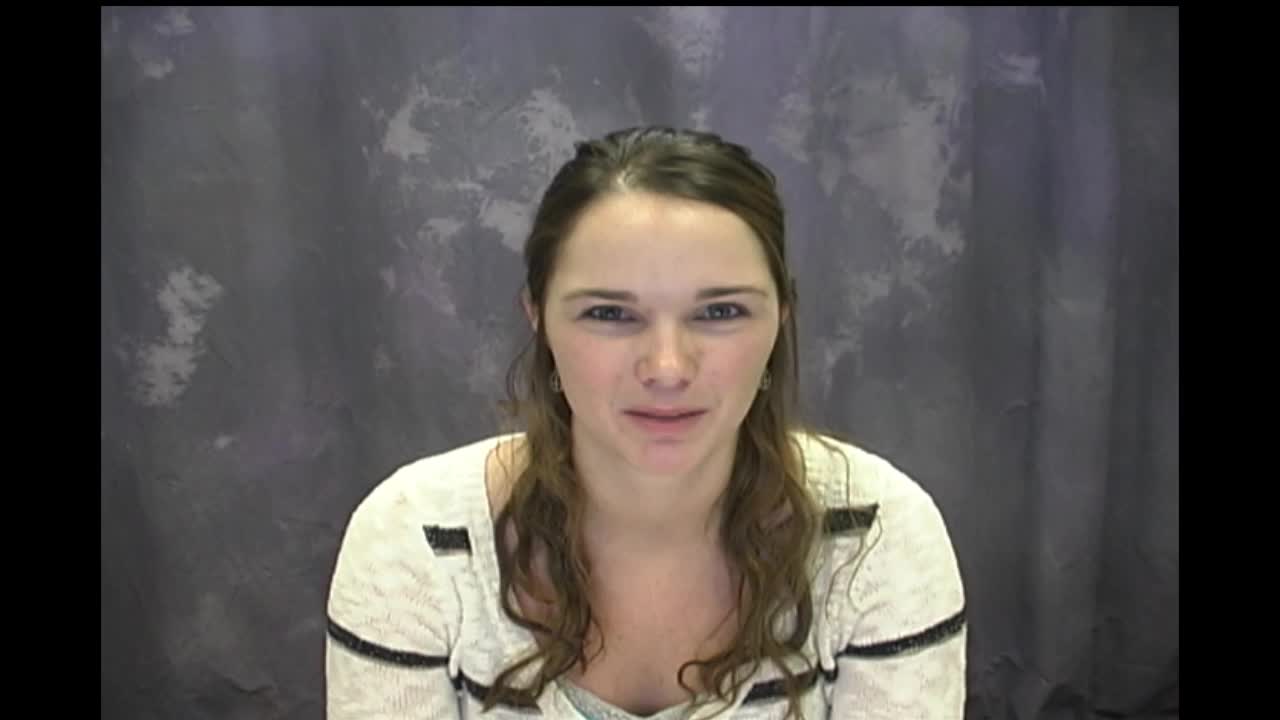
|
| |
-
ECE 1400 - Fundamentals of Engineering Computing Credits: (4)
Typically Taught Spring Semester: Full Sem
Computer programming and computational tools applied to electrical and computer engineering problems. Topics include coding fundamentals, numeric libraries and debugging techniques. Lecture and lab combination.
Pre-requisite(s): MATH 1210 .
|
| |
-
ECE 2260 - Fundamentals of Electrical Circuits Credits: (4)
Typically Taught Fall Semester: Full Sem
Typically Taught Spring Semester: Full Sem
Fundamental electric-circuit techniques including: time domain transient responses for 1st and 2nd order circuits, Laplace transforms, Fourier series, and filters.
Lecture and lab combination.
Pre-requisite(s): ECE 1270 and MATH 1220 .
 
Pre-requisite/Co-requisite: ECE 1400 and either MATH 2250 or MATH 2280 .
|
| |
-
ECE 2700 - Digital Circuits Credits: (4)
Typically Taught Fall Semester: Full Sem
Typically Taught Spring Semester: Full Sem
An introduction to digital electronics, integrated circuits, numbering systems, Boolean algebra, gates, flip-flops, multiplexers, sequential circuits, combinational circuits, and computer architecture. Introduction to hardware description language and programmable logic devices. Lecture and lab combination. Laboratory activities to include the design, construction, analysis, and measurement of basic digital systems.
Pre-requisite(s): ECE 1000 or ENGR 1000 . May be taken concurrently.
Co-Requisite(s):  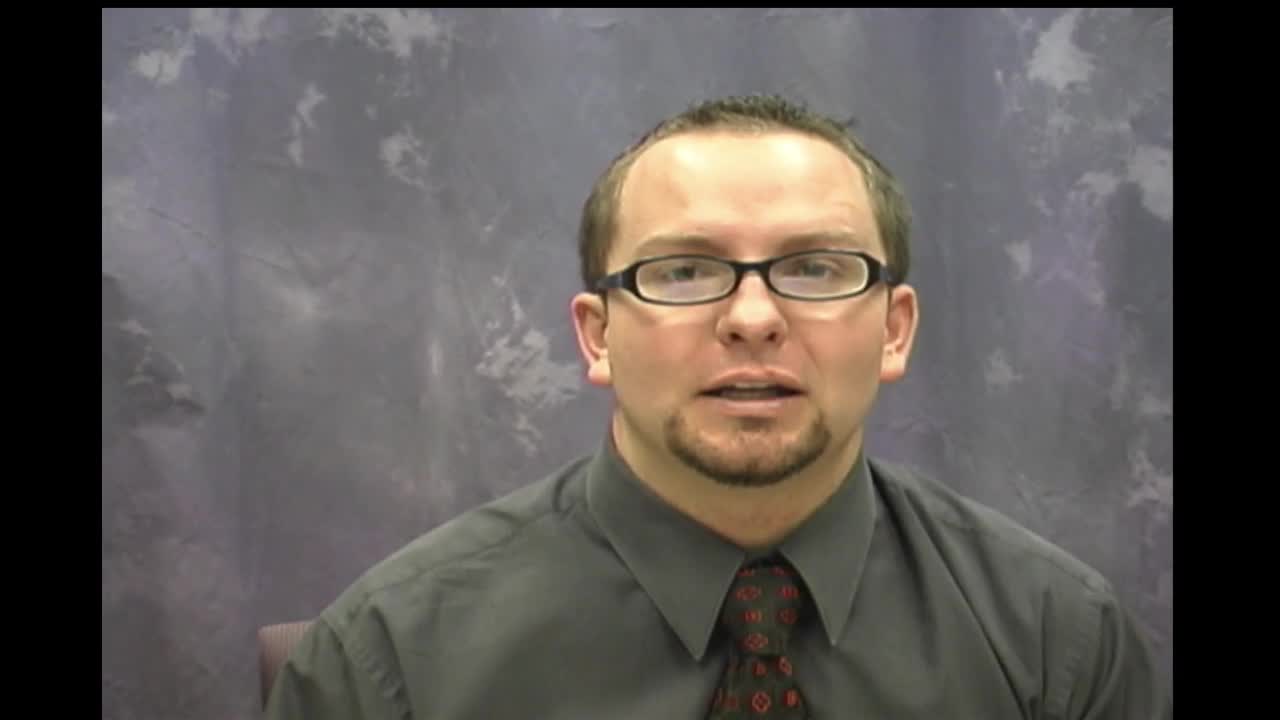
|
| |
-
ECE 3000 - Engineering Seminar Credits: (1)
Typically Taught Fall Semester: Full Sem
An engineering seminar course designed to prepare the student for professional engineering employment. Topics to include resumes, hiring criteria, interviewing techniques, engineering ethics, professional and societal responsibilities, lifelong learning, diversity, creative problem solving, goals, quality, timeliness, and continuous improvement. The students will research related topics and write a paper.
 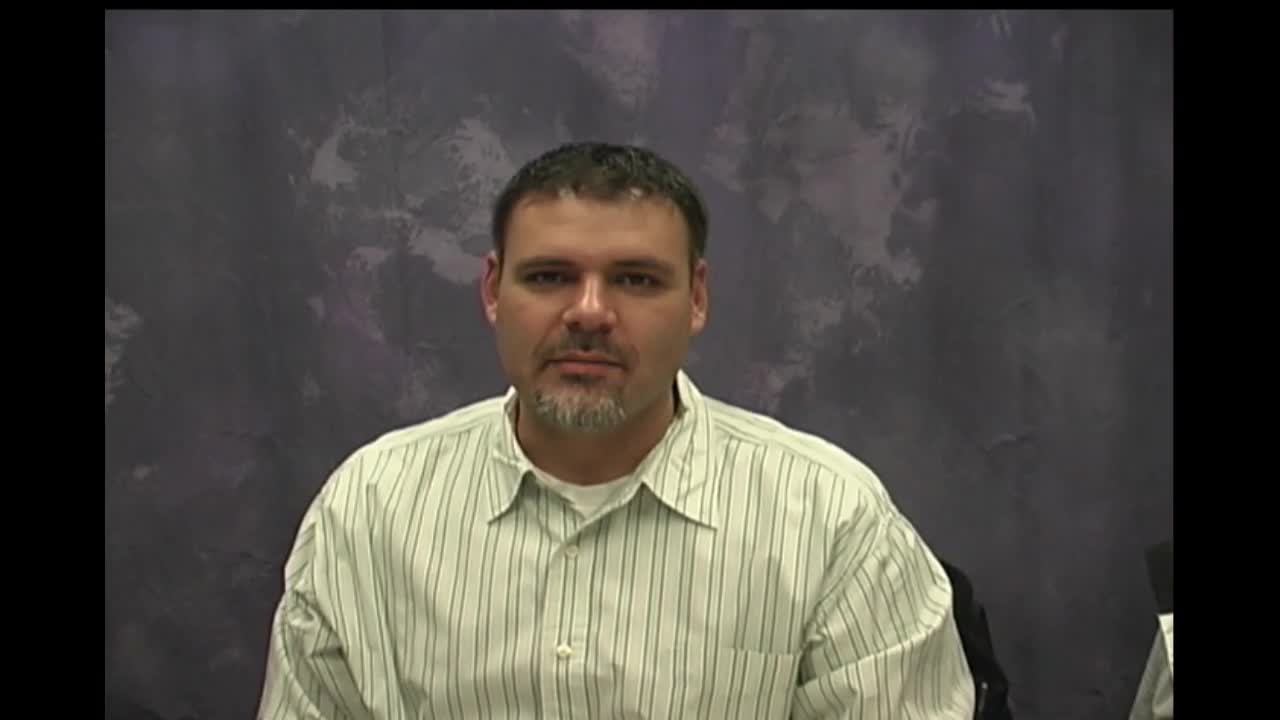
Pre-requisite(s): ECE 1270 .
Note: Admittance into the Professional Program required.
|
| |
-
ECE 3090 - Project Management Credits: (1)
Typically Taught Fall Semester: Full Sem
Typically Taught Spring Semester: Full Sem
Project Management course is designed to prepare students for the senior capstone project. The course will include development of a contract, goal setting, time management, budgeting, project funding, project leadership and team building principles. Engineering economics, team work, quality statistics and continuous improvement will also be discussed. Other topics include project life cycles, organization and risk management. Students should take this course the semester before taking ECE 4010 .
Pre-requisite(s): Permission from the department.
Note: Admittance into the Professional Program required.
|
| |
-
ECE 3110 - Microelectronics I Credits: (4)
Typically Taught Fall Semester: Full Sem
Fundamental semiconductor device characteristics including diodes, MOSFETs and bipolar transistors; small and large signal characteristics and design of linear circuits.
Lecture and lab combination. Laboratory activities to include the design, construction, computer simulation, and analysis of semiconductor circuits, amplifiers and power supplies.
Pre-requisite(s): ECE 1270 and MATH 1220 .
 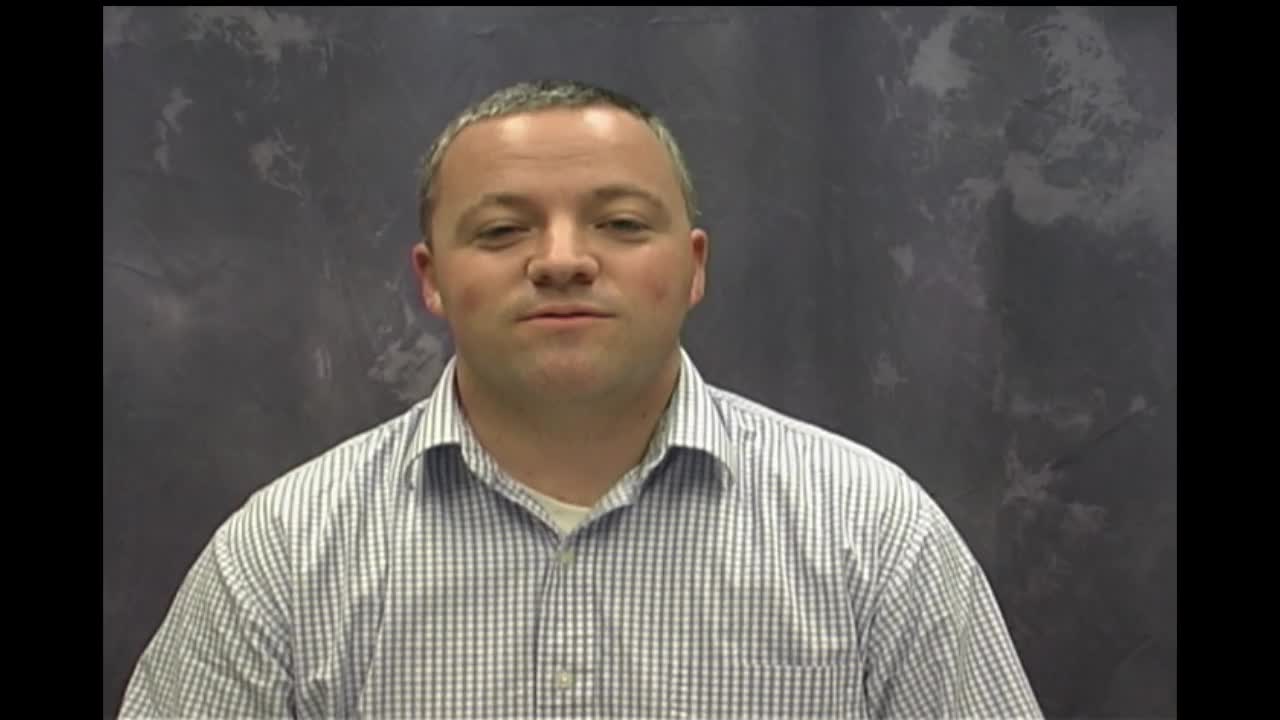
Note: Admittance into the Professional Program required.
|
| |
-
ECE 3120 - Microelectronics II Credits: (4)
Typically Taught Spring Semester: Full Sem
Intermediate topics related to microelectronics including differential and multistage amplifiers, frequency response, feedback systems, power amplifiers, filters, and signal generation.
Lecture and lab combination. Laboratory activities to include the design, construction, computer simulation, and analysis of filters and advanced circuits.
Pre-requisite(s): ECE 2260 and ECE 3110 .
 
Note: Admittance into the Professional Program required.
|
| |
-
ECE 3210 - Signals and Systems Credits: (4)
Typically Taught Fall Semester: Full Sem
Topics related to the analysis of linear time invariant continuous and discrete systems and signal transformations, convolution, frequency spectra, Laplace transforms, Z transforms, and fast Fourier transforms.
Lecture and lab combination. Laboratory activities to include the computer simulation, analysis, and numerical modeling of signals and systems.
Pre-requisite(s): ECE 2260 and MATH 2250 or MATH 2270 and MATH 2280 .
 
Note: Admittance into the Professional Program required.
|
| |
-
ECE 3310 - Electromagnetics I Credits: (4)
Typically Taught Spring Semester: Full Sem
An introduction to electrostatics, magnetostatics and Maxwell’s equations with specific applications to wave propagation and transmission line theory.
Lecture and lab combination. Laboratory activities to include the design, construction, and analysis of RF radar subsystems.
Pre-requisite(s): MATH 2210 , PHYS 2220 , and ECE 2260 .
 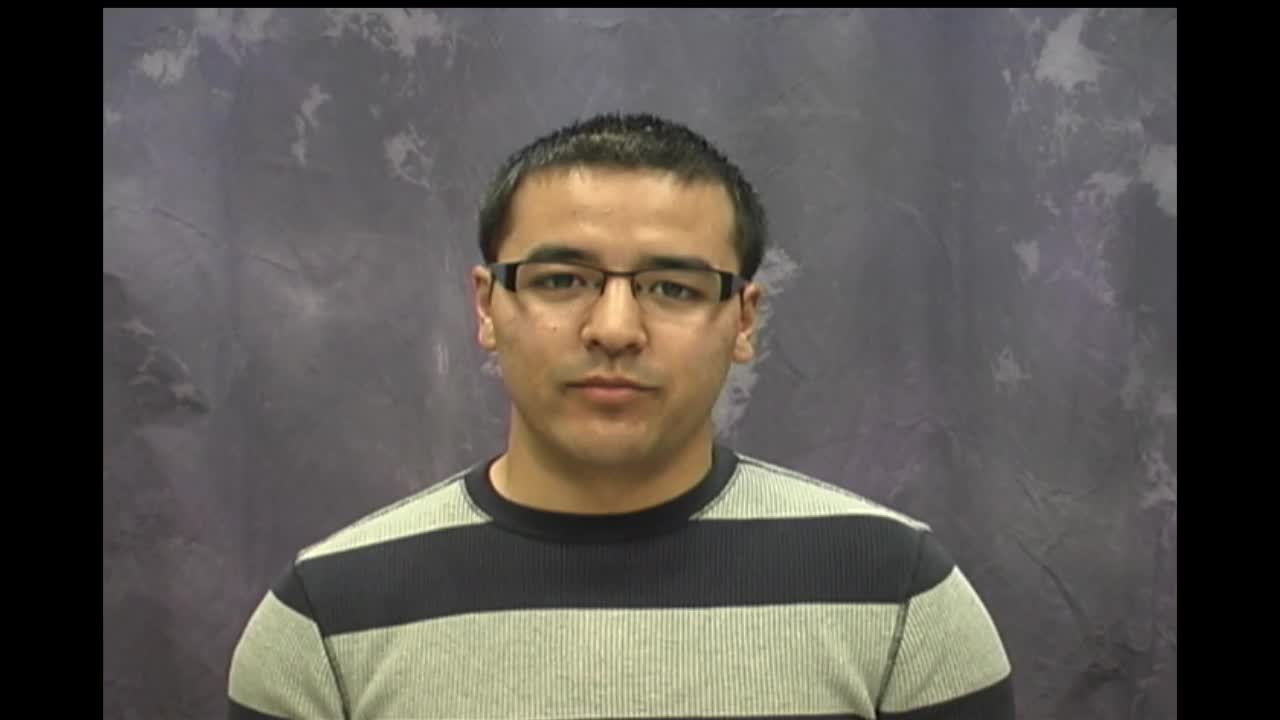
Note: Admittance into the Professional Program required.
|
| |
-
ECE 3510 - Power Systems Credits: (4)
Typically Taught Fall Semester: Full Sem
A study of AC and DC power systems and machines, including single and 3-phase power, power factor and correction, transformers, synchronous and induction machines, DC motors, power transmission lines, and analysis of power flow and faults. Lecture and Lab combination.
Pre-requisite(s): ECE 2260 or ENGR 2210 .
Note: Admittance into the Professional Program required.
|
| |
-
ECE 3610 - Digital Systems Credits: (4)
Typically Taught Fall Semester: Full Sem
Introduction to microprocessor architecture, arithmetic logic units, memory systems, input/output interfaces, peripheral devices, and communication.
Lecture and lab combination. Laboratory activities to include the programming and operation of microprocessor circuits.
Pre-requisite(s): ECE 2700 and (CS 2250 or CS 1410 or ECE 1400 ).
 
|
| |
-
ECE 3710 - Embedded Systems Credits: (4)
Typically Taught Spring Semester: Full Sem
Design and implementation of a microcontroller or microprocessor embedded system including assembly language programming, interfacing to peripherals, interrupt handling and debugging techniques.
Lecture and Lab. Laboratory exercises build toward a final embedded systems project.
Pre-requisite(s): (ECE 2700 or CS 2810 ) and (ECE 1400 or CS 2250 or CS 1410 ).
 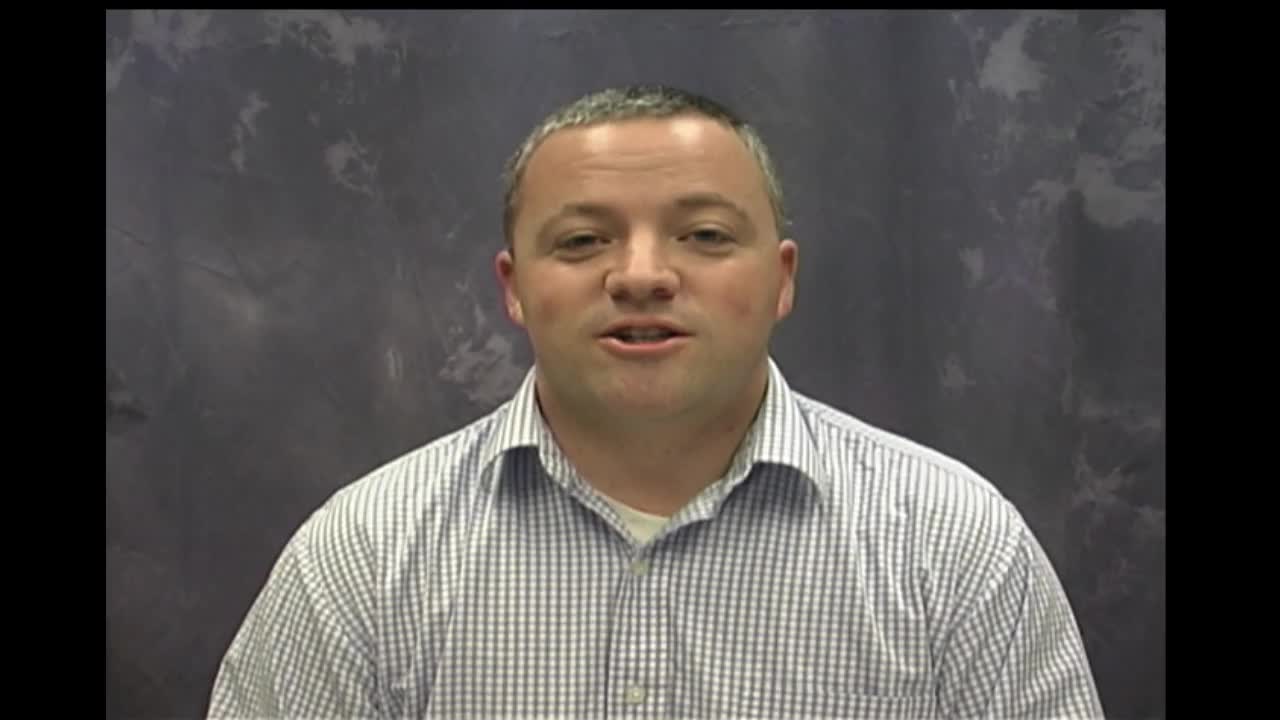
Pre-requisite/Co-requisite: ENGL 3100 or PS 3250 .
|
| |
-
ECE 3890 INT - Internship Credits: (1)
Typically Taught Summer Semester: Full Sem
Typically Taught Fall Semester: Full Sem
Typically Taught Spring Semester: Full Sem
This is a core course that is required for the BS Engineering degree. The student will need department approval before being allowed to register.
Pre-requisite(s): Permission from the department.
 
ECE 3890 can be taken a maximum of three times for a total of three credits, but only one credit counts toward the major.
Note: Admittance into the Professional Program required.
|
| |
-
ECE 4010 CEL - Senior Project I Credits: (2)
Typically Taught Fall Semester: Full Sem
Typically Taught Spring Semester: Full Sem
Students will be required to complete a 300-hour engineering project (over two semesters) in a team environment. Project management and problem solving techniques will be emphasized. Topics to include goal setting, developing milestone charts, writing contracts, conducting research, project design and construction, testing and analysis, project documentation, and design review presentations. Before seeking departmental approval, students should be currently enrolled in ECE 3090 and should have taken at least four 3000-level core ECE courses, MATH 3410 , and either ENGL 3100 or PS 3250 . Exceptions to this rule are made only if a student’s graduation would otherwise be delayed.
Pre-requisite(s): Permission from the department.
 
Note: Admittance into the Professional Program required.
|
| |
-
ECE 4020 CEL - Senior Project II Credits: (2)
Typically Taught Fall Semester: Full Sem
Typically Taught Spring Semester: Full Sem
A continuation of Senior Project I. Students will be required to complete a significant engineering project in a team environment. Project management and problem solving techniques will be emphasized. Topics to include goal setting, developing milestone charts, writing contracts, conducting research, project design and construction, testing and analysis, project documentation, and design review presentations.
Pre-requisite(s): ECE 4010 .
 
Note: Admittance into the Professional Program required.
|
| |
-
ECE 4100 - Control Systems Credits: (4)
Typically Taught Fall Semester: Full Sem
Topics related to control theory, analysis, and testing of systems in the time domain, frequency domain and state space.
Lecture and lab combination.
Pre-requisite(s): ECE 3110 and ECE 3210 .
 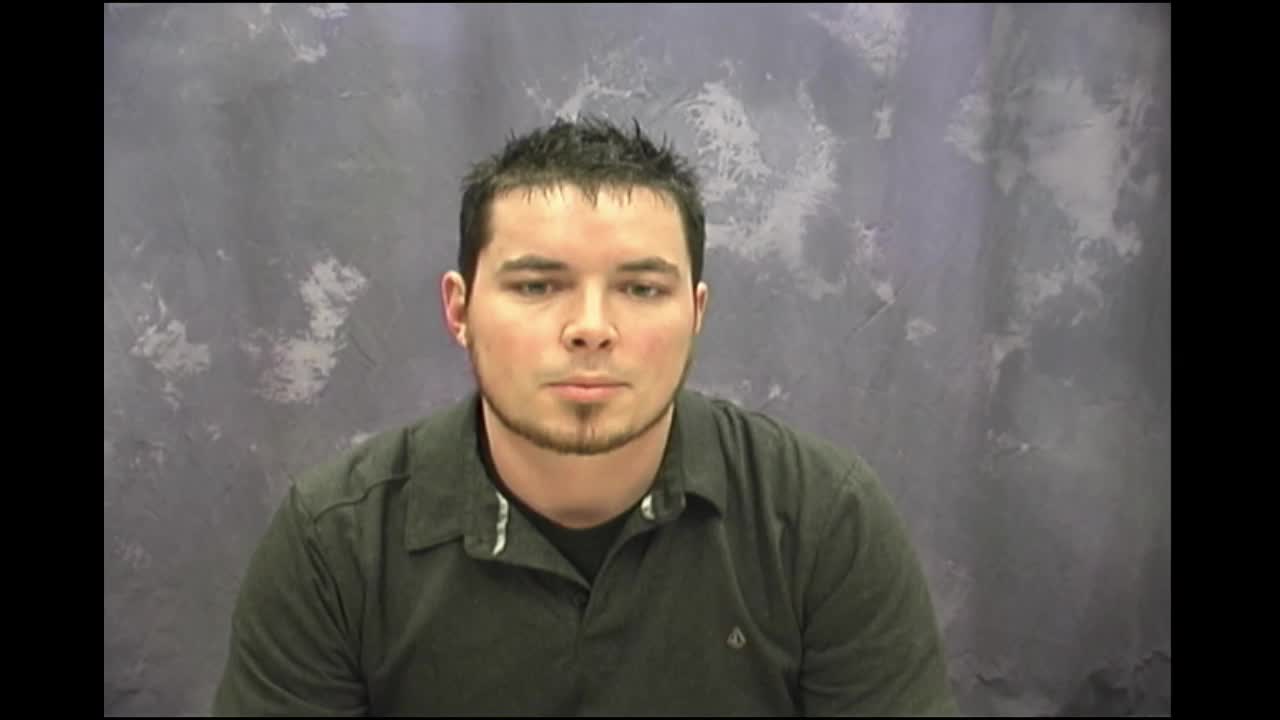
Note: Admittance into the Professional Program required.
|
| |
-
ECE 5110 - Digital VLSI Design Credits: (3)
Typically Taught Fall Semester: Full Sem
Introduction to Digital VLSI design. Includes the development of standard cell library of common CMOS circuits. Use of hardware description language and CAD tools for the design and simulation of custom large-scale digital systems. Students will understand the impacts and tradeoffs from speed, power consumption, and thermal properties of large-scale custom ICs.
Pre-requisite(s): ECE 3110 and ECE 3610 .
Note: Admittance into the Professional Program required.
|
| |
-
ECE 5120 - Analog VLSI Design Credits: (3)
Typically Taught Spring Semester: Full Sem
Design of analog VLSI systems. Course includes design, modeling, and verification of analog circuits in large-scale systems. Students will develop custom analog system designs utilizing CAD programs.
Pre-requisite(s): ECE 3120 .
Note: Admittance into the Professional Program required.
|
| |
-
ECE 5130 - Advanced Semiconductor Devices Credits: (3)
Typically Taught Spring Semester: Full Sem
Introduction to advanced semiconductor physics and devices. Topics include carrier transport theory, energy band diagrams, PN junctions, metal-semiconductor junctions, BJTs and MOSFETs. Study of current semiconductor process technologies and discussion of off-roadmap technologies.
Pre-requisite(s): PHYS 2220 and ECE 3110 .
Note: Admittance into the Professional Program required.
|
| |
-
ECE 5140 - Sensors and Instrumentation Credits: (3)
Typically Taught Spring Semester: Full Sem
This course introduces a host of sensor technologies from both theoretical and practical perspectives. A study of the electronics for sensor signal conditioning will be complemented by lectures on the principles and operation of various sensor modalities including pressure, thermal, strain, displacement, inertial, magnetic field, optical, coustic, and/or bio-medical. Students will be introduced to precision analog circuit architectures, noise analysis, and signal processing algorithms commonly used in data acquisition systems.
Pre-requisite(s): ECE 3110 and PHYS 2220 .
|
| |
-
ECE 5210 - Digital Signal Processing Credits: (3)
Typically Taught Fall Semester: Full Sem
Typically Taught Spring Semester: Full Sem
Theory, application, and implementation of digital signal processing (DSP) concepts, from the design and implementation perspective. Topics include: Fast Fourier transforms, adaptive filters, state-space algorithms, random signals, and spectral estimation.
Pre-requisite(s): ECE 3210 .
 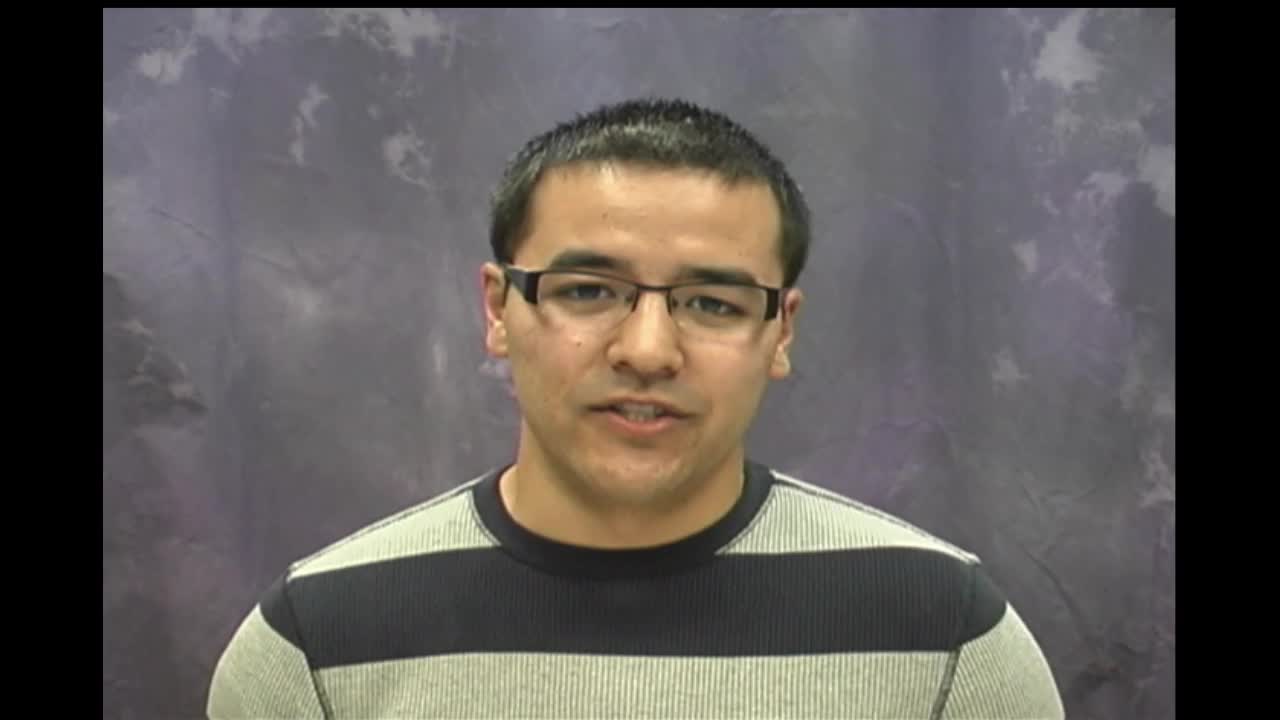
Note: Admittance into the Professional Program required.
|
| |
-
ECE 5220 - Image Processing Credits: (3)
Typically Taught Spring Semester: Full Sem
Advanced image processing theory and methods. Topics include digital image formation, transformation, filtering, enhancements, segmentation and morphological processing. Lectures, computer assignments and project (including term paper).
Pre-requisite(s): ECE 3210 .
Note: Admittance into the Professional Program required.
|
| |
-
ECE 5230 - Engineering Applications in Deep Learning Credits: (3)
Typically Taught Spring Semester: Full Sem
This course covers deep learning architectures with a focus on learning end-to-end models for these tasks, particularly image and signal processing. Students will learn to implement, train and debug their own deep neural networks and gain a detailed understanding of cutting-edge research in this field. Strong emphasis will be placed on real-world applications for both solving engineering problems using these methods as well as practical techniques for training and fine-tuning the networks. Case studies will be drawn from medical imaging, semiconductors, and audio signal processing.
Pre-requisite(s): ECE 1400 , ECE 3210 , MATH 3410 , and either MATH 2250 or MATH 2270 .
|
| |
-
ECE 5310 - Electromagnetics II Credits: (3)
Typically Taught Fall Semester: Full Sem
Typically Taught Spring Semester: Full Sem
A study of intermediate electromagnetic issues common to circuits, systems, and communication networks.
Pre-requisite(s): ECE 3310 .
Note: Admittance into the Professional Program required.
|
| |
-
ECE 5320 - Antennas and Wave Propagation Credits: (3)
Typically Taught Fall Semester: Full Sem
Behavior of radiated electromagnetic waves in atmosphere, space, urban and indoor environments; path, frequency and antenna selection for practical communication systems; propagation prediction.
Pre-requisite(s): ECE 3310 .
Note: Admittance into the Professional Program required.
|
| |
-
ECE 5410 - Communication Circuits and Systems Credits: (3)
Typically Taught Spring Semester: Full Sem
A study of communication circuits, modulation and decoding theory, spectrum usage, networks, and protocols.
Pre-requisite(s): ECE 3210 and MATH 3410 .
 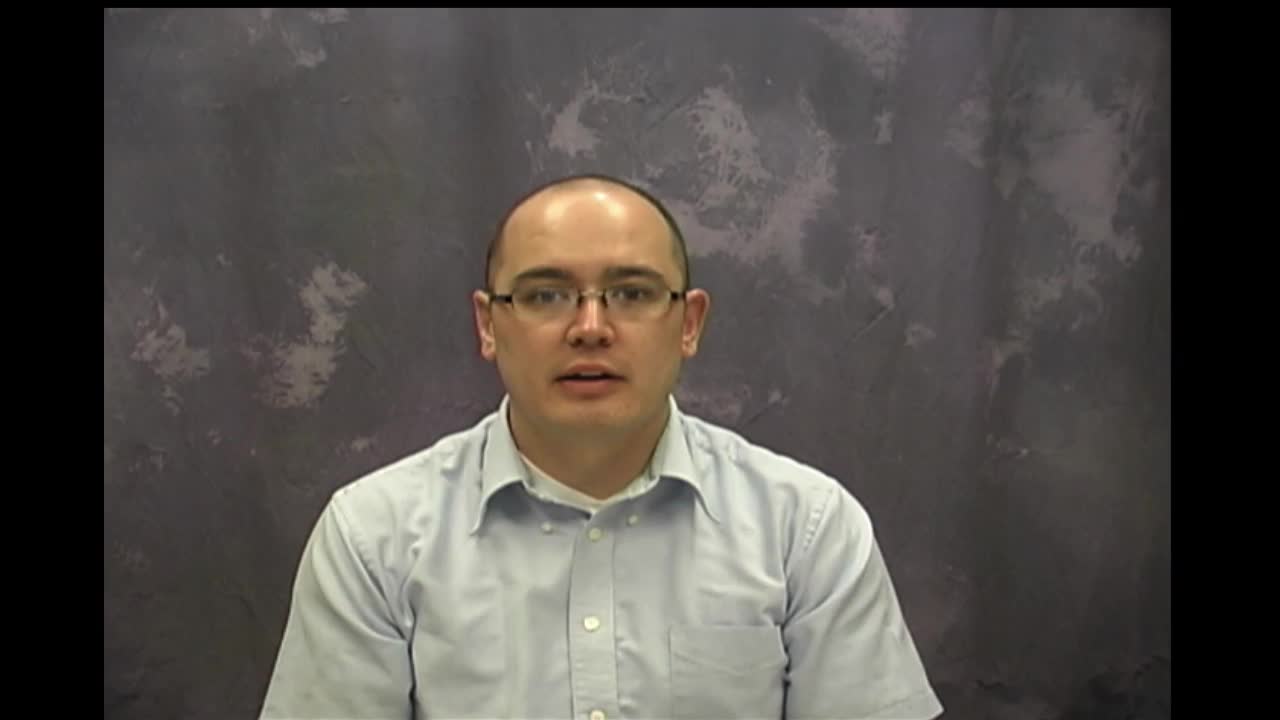
Note: Admittance into the Professional Program required.
|
| |
-
ECE 5420 - Digital Communication Credits: (3)
Typically Taught Fall Semester: Full Sem
This course provides an in-depth coverage of the theory, analysis, and design of digital communications systems with an emphasis on advanced topics related to wired, wireless data communication and the physical networking layer. Topics include QPSK, QAM, PAM, CSMA/CD, SONET, ADSL, and/or MACAW. Spread spectrum concepts such as FHSS, DSSS, OFDM, MIMO and/or cooperative communication techniques may be included. Students will develop Matlab based models to emulate the concepts. The course will include group projects as well as individual assignments. The course would be beneficial particularly to students who are interested in doing work/research in fields related to communications, networks, and signal processing.
Pre-requisite(s): ECE 3210 and MATH 3410 .
Note: Admittance into the Professional Program required.
|
| |
-
ECE 5440 - Optical Communication Systems Credits: (3)
This course covers the fundamentals of optical communication. Topics include wave propagation in fiber optics, optical transmitters and receivers, system design and performance, multichannel lightwave systems, optical losses and loss management, fiber dispersion and dispersion management.
Pre-requisite(s): ECE 3310 .
|
| |
-
ECE 5510 - Advanced Power Systems Credits: (3)
Typically Taught Spring Semester: Full Sem
This course will explore advanced power systems concepts.
Pre-requisite(s): ECE 3510 .
Note: Admittance into the Professional Program required.
|
| |
-
ECE 5620 - Digital System Testing Credits: (3)
Typically Taught Spring Semester: Full Sem
Fundamentals of testing digital circuits and memory devices, including fault modeling, test pattern generation, and test coverage. Introduction to design for test and built-in self-test. Laboratory activities include performing bench and automated testing of digital and memory chips, and generating test patterns for fault detection.
Pre-requisite(s): ECE 3610 - Digital Systems (4)
Note: Admittance into the Professional Program required.
|
| |
-
ECE 5640 - Model-based Systems Engineering Credits: (3)
Typically Taught Spring Semester: Full Sem
This course is an introduction to the use of formal models to describe complex electrical systems. Topics include modeling tools, design, verification and testing of model-based systems, model validation and verification, and the use of state-machines in models.
Pre-requisite(s): ECE 3610 .
|
| |
-
ECE 5710 - Real-Time Systems Credits: (4)
Typically Taught Fall Semester: Full Sem
An advanced course on real-time system design. Topics include task concurrency, scheduling paradigms, synchronization, resource access control, and inter-process communication. Lecture and Lab combination.
Pre-requisite(s): ECE 3710 .
Note: Admittance into the Professional Program required.
|
| |
-
ECE 5730 - Robotics Credits: (3)
Typically Taught Fall Semester: Full Sem
Typically Taught Spring Semester: Full Sem
Robotic design and control principles. Topics include servo control, localization, navigation and vision. Introduction to robotic operating system software to interface and fuse data from various sensors such as LIDAR, Inertial measurement units, compass and physical and visual odometry for navigation and control. Validation of designs before implementation.
Pre-requisite(s): ECE 4100 .
|
| |
-
ECE 5800 - Individual Studies Credits: (1-4)
The students will receive credit for approved studies in the Electrical & Computer Engineering programs. A maximum of four credits can count as an elective course in the Electrical & Computer Engineering programs.
 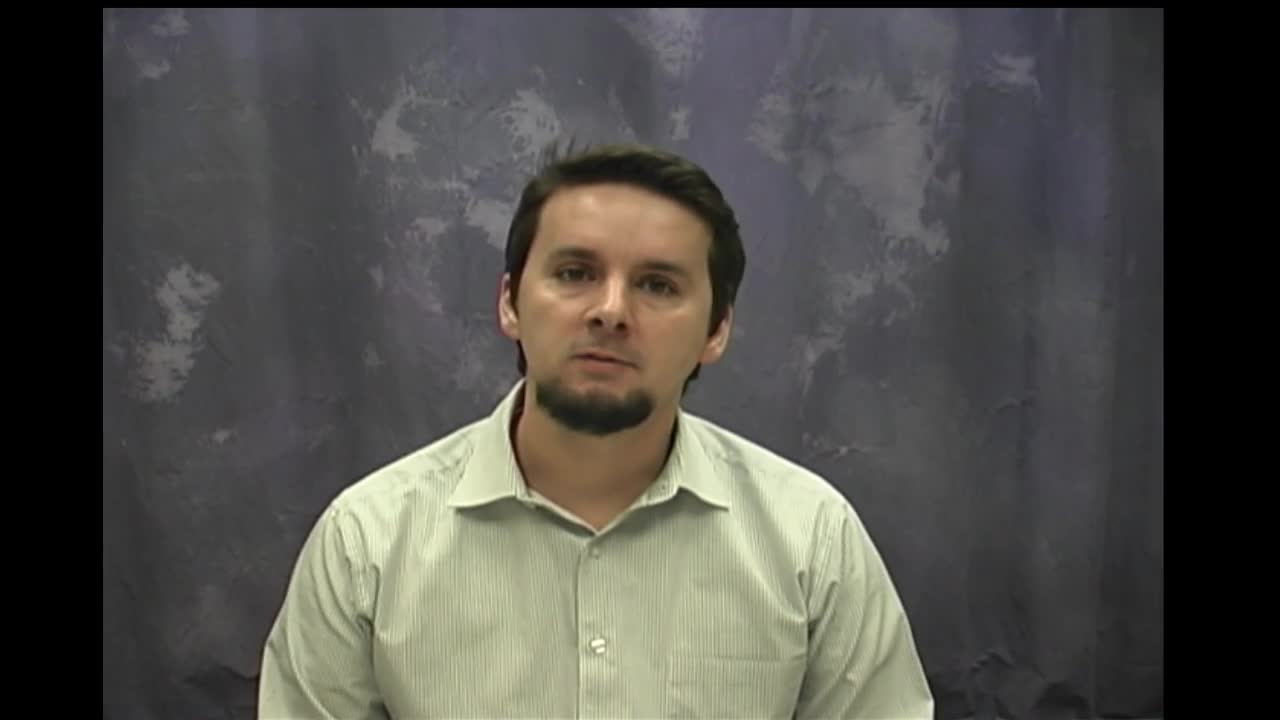
May be repeated four times for a maximum of four credit hours.
Note: Admittance into the Professional Program required.
|
| |
-
ECE 5900 - Special Topics Credits: (1-4)
Variable Title
A one-time special study course designed to introduce a new relevant topic that is not covered in the Electrical & Computer Engineering programs.
Lecture and lab combination. Laboratory activities support the selected course topic.
May be repeated four times for a maximum of four credit hours.
Note: A maximum of four credits can be counted for the Electrical & Computer Engineering programs. Admittance into the Professional Program required.
|
| |
-
ECE 6010 - Design Project Credits: (2-6)
Students are required to complete a substantial engineering design project. Students must demonstrate proficiency in research, design, analysis, project planning, implementation, testing, presentation and documentation. Students receive T (temporary) grades until their final design review, after which these grades are changed retroactively. Students must be enrolled in ECE 6010 at the time of their final design review. This course may be repeated.
Pre-requisite(s): Permission from the department.
May be repeated 11 times for a maximum of 20 credit hours.
|
| |
-
ECE 6020 - Thesis Credits: (2-6)
Typically Taught Fall Semester: Full Sem
Typically Taught Spring Semester: Full Sem
Students are required to perform original research that results in a thesis under the direction of a faculty advisor. Students receive T (temporary) grades until their thesis defense, after which these grades are changed retroactively. Students must be enrolled in ECE 6020 at the time of their thesis defense.
Pre-requisite(s): Permission from the department.
This course may be taken 3 times and up to 9 credits.
|
| |
-
ECE 6110 - Digital VLSI Design Credits: (3)
Introduction to Digital VLSI design. Includes the development of standard cell library of common CMOS circuits. Use of hardware description language and CAD tools for the design and simulation of custom large-scale digital systems. Students will understand the impacts and tradeoffs from speed, power consumption, and thermal properties of large-scale custom ICs.
Pre-requisite(s): ECE 3110 and ECE 3610 .
|
| |
-
ECE 6120 - Analog VLSI Design Credits: (3)
Design of analog VLSI systems. Course includes design, modeling, and verification of analog circuits in large-scale systems. Students will develop custom analog system designs utilizing CAD programs.
Pre-requisite(s): ECE 3120 .
|
| |
-
ECE 6130 - Advanced Semiconductor Devices Credits: (3)
Introduction to advanced semiconductor physics and devices. Topics include carrier transport theory, energy band diagrams, PN junctions, metal-semiconductor junctions, BJTs and MOSFETs. Study of current semiconductor process technologies and discussion of off-roadmap technologies.
Pre-requisite(s): PHYS 2220 and ECE 3110 .
|
| |
-
ECE 6140 - Sensors and Instrumentation Credits: (3)
Typically Taught Spring Semester: Full Sem
This course introduces a host of sensor technologies from both theoretical and practical perspectives. A study of the electronics for sensor signal conditioning will be complemented by lectures on the principles and operation of various sensor modalities including pressure, thermal, strain, displacement, inertial, magnetic field, optical, coustic, and/or bio-medical. Students will be introduced to precision analog circuit architectures, noise analysis, and signal processing algorithms commonly used in data acquisition systems.
Pre-requisite(s): ECE 3110 .
|
| |
-
ECE 6210 - Digital Signal Processing Credits: (3)
Theory, application, and implementation of digital signal processing (DSP) concepts, from the design and implementation perspective. Topics include: Fast Fourier transforms, adaptive filters, state-space algorithms, random signals, and spectral estimation.
Pre-requisite(s): ECE 3210 .
|
| |
-
ECE 6220 - Image Processing Credits: (3)
Advanced image processing theory and methods. Topics include digital image formation, transformation, filtering, enhancements, segmentation and morphological processing. Lectures, computer assignments and project (including term paper).
Pre-requisite(s): ECE 3210 .
|
| |
-
ECE 6230 - Engineering Applications in Deep Learning Credits: (3)
Typically Taught Spring Semester: Full Sem
This course covers deep learning architectures with a focus on learning end-to-end models for these tasks, particularly image and signal processing. Students will learn to implement, train and debug their own deep neural networks and gain a detailed understanding of cutting-edge research in this field. Strong emphasis will be placed on real-world applications for both solving engineering problems using these methods as well as practical techniques for training and fine-tuning the networks. Case studies will be drawn from medical imaging, semiconductors, and audio signal processing.
Pre-requisite(s): ECE 1400 , ECE 3210 , MATH 3410 , and either MATH 2250 or MATH 2270 .
|
| |
-
ECE 6310 - Electromagnetics II Credits: (3)
Typically Taught Fall Semester: Full Sem
A study of intermediate electromagnetic issues common to circuits, systems, and communication networks.
Pre-requisite(s): ECE 3310 .
|
| |
-
ECE 6320 - Antennas and Wave Propagation Credits: (3)
Typically Taught Fall Semester: Full Sem
Behavior of radiated electromagnetic waves in atmosphere, space, urban and indoor environments; path, frequency and antenna selection for practical communication systems; propagation prediction.
Pre-requisite(s): ECE 3310 .
|
| |
-
ECE 6410 - Communication Circuits and Systems Credits: (3)
A study of communication circuits, modulation and decoding theory, spectrum usage, networks, and protocols.
Pre-requisite(s): ECE 3210 and MATH 3410 .
|
| |
-
ECE 6420 - Digital Communication Credits: (3)
This course provides an in-depth coverage of the theory, analysis, and design of digital communications systems with an emphasis on advanced topics related to wired, wireless data communication and the physical networking layer. Topics include QPSK, QAM, PAM, CSMA/CD, SONET, ADSL, and/or MACAW. Spread spectrum concepts such as FHSS, DSSS, OFDM, MIMO and/or cooperative communication techniques may be included. Students will develop Matlab based models to emulate the concepts. The course will include group projects as well as individual assignments. The course would be beneficial particularly to students who are interested in doing work/research in fields related to communications, networks, and signal processing.
Pre-requisite(s): ECE 3210 and MATH 3410 .
|
| |
-
ECE 6440 - Optical Communication Systems Credits: (3)
This course covers the fundamentals of optical communication. Topics include wave propagation in fiber optics, optical transmitters and receivers, system design and performance, multichannel lightwave systems, optical losses and loss management, fiber dispersion and dispersion management.
Pre-requisite(s): ECE 3310 .
|
| |
-
ECE 6510 - Advanced Power Systems Credits: (3)
Typically Taught Spring Semester: Full Sem
This course will explore advanced power systems concepts.
Pre-requisite(s): ECE 3510 .
|
| |
-
ECE 6620 - Digital System Testing Credits: (3)
Typically Taught Spring Semester: Full Sem
Fundamentals of testing digital circuits and memory devices, including fault modeling, test pattern generation, and test coverage. Introduction to design for test and built-in self-test. Laboratory activities include performing bench and automated testing of digital and memory chips, and generating test patterns for fault detection.
Pre-requisite(s): ECE 3610 .
|
| |
-
ECE 6640 - Model-Based Systems Engineering Credits: (3)
Typically Taught Spring Semester: Full Sem
This course is an introduction to the use of formal models to describe complex electrical systems. Topics include modeling tools, design, verification and testing of model-based systems, model validation and verification, and the use of state-machines in models.
Pre-requisite(s): ECE 3610 .
|
| |
-
ECE 6710 - Real-Time Systems Credits: (4)
Typically Taught Fall Semester: Full Sem
An advanced course on real-time system design. Topics include task concurrency, scheduling paradigms, synchronization, resource access control, and inter-process communication. Lecture and Lab combination.
Pre-requisite(s): ECE 3710 or CS 3100 .
|
| |
-
ECE 6730 - Robotics Credits: (3)
Typically Taught Fall Semester: Full Sem
Robotic design and control principles. Topics include servo control, localization, navigation and vision. Introduction to robotic operating system software to interface and fuse data from various sensors such as LIDAR, Inertial measurement units, compass and physical and visual odometry for navigation and control. Validation of designs before implementation.
Pre-requisite(s): ECE 4100 .
|
| |
|
| |
-
ECE 6900 - Special Topics Credits: (1-4)
Variable Title
Typically Taught Fall Semester: Full Sem
Typically Taught Spring Semester: Full Sem
A one-time special study course designed to introduce a new relevant topic that is not covered in the Electrical & Computer Engineering programs. Lecture or lecture and lab combination. Laboratory activities support the selected course topic.
May be repeated 10 times and up to 12 credit hours.
|
| |
Page: 1 <- 5
| 6
| 7
| 8
| 9
| 10
| 11
| 12
| 13
| 14
| 15
… Forward 10 -> 45 |